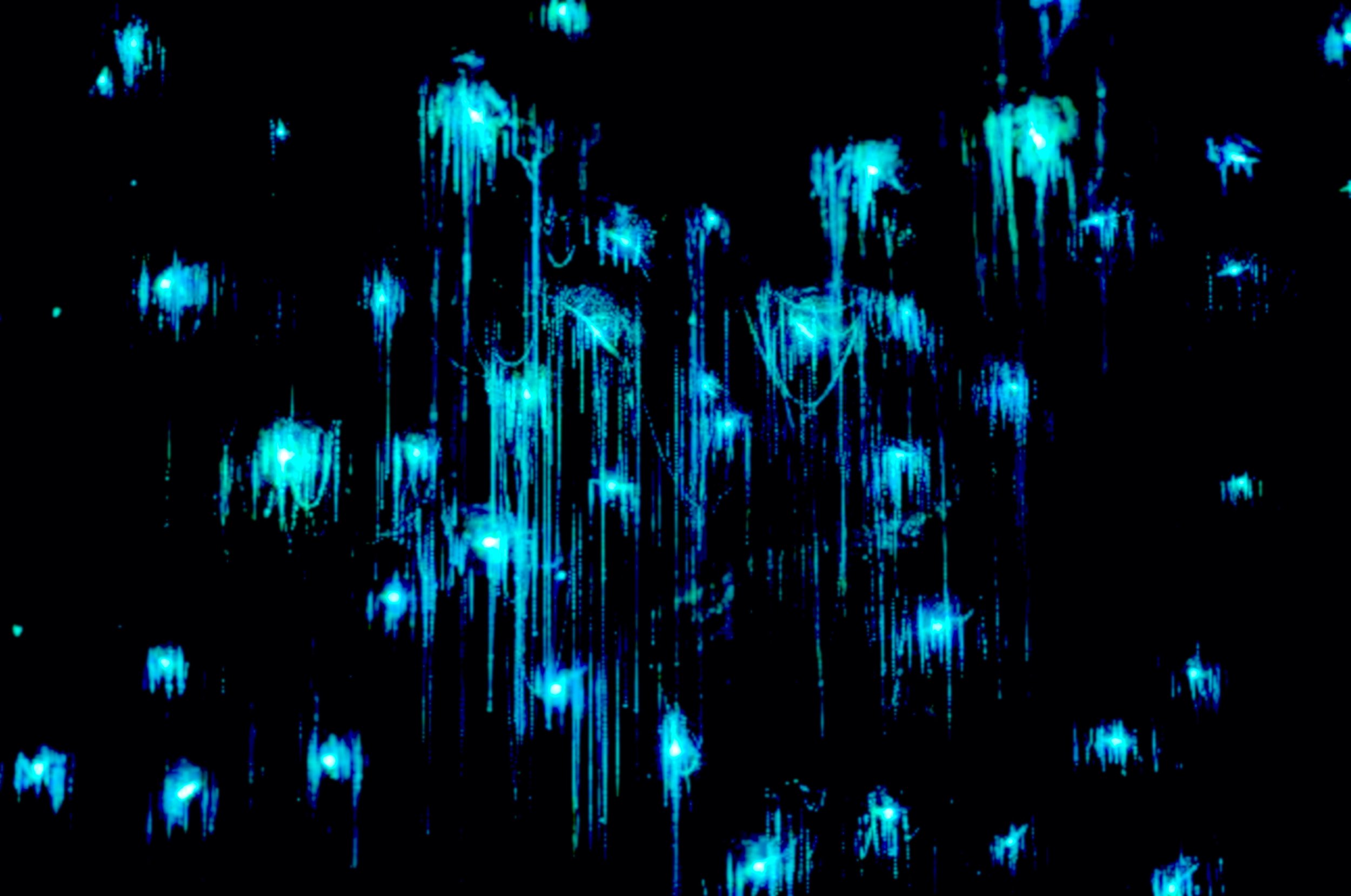Gospel & Universe ⏯ Systems
Gods & Souls
If Only the Atheists Were Wrong - The Force of Chance - Oh, Well
⏯
If Only the Atheists Were Wrong
Many people see theism and atheism as very serious positions, ones that are worth arguing and fighting about. Agnostics see the seriousness in these debates, yet there's a certain lightness to their stand. One might even call it a stance rather than a stand. They don't tend to get all worked up about the true nature of reality, the true definition of God, or the true nature of death and the afterlife. This is largely because for them truth boils down to possible truth (religion) and probable truth (atheism). Neither is true per se.
While death is a grim reality (it’s usually heartbreaking, and it's far more certain than taxes), beliefs about what happens after death are highly debatable. From an agnostic point of view, these beliefs don't have the same basis in reality as death itself. Agnostics find it odd that while no one can see beyond the veil of life, so many people are absolutely convinced they know what is, or what isn't, on the other side.
If, after they die, agnostics find that theists are right and atheists are wrong, they will rejoice. To them, there was nothing attractive or interesting about oblivion, nothing desirable about an endless stretch of nothing. Agnostics don’t argue — and they certainly don’t hope — that God and the soul are illusions. Rather, they doubt that they exist, and they can’t find any evidence or convincing indication that they exist. They’d be happy to find out that there's a life beyond the grave after all, and that the grand adventure of existence will continue.
⏯
The Force of Chance
To die, to sleep, / To sleep, perchance to dream; aye, there's the rub, / For in that sleep of death, what dreams may come, / When we have shuffled off this mortal coil, / Must give us pause ... the dread of something after death, / The undiscovered country, from whose bourn / No traveller returns, puzzles the will ... (Hamlet 3.1)
Atheism is that corner in a room where one doesn't really want to sit.
For who would choose to die and never come back
anywhere?
Where is that country beyond whose bourn?
Where has that traveller gone?
If to die is only to sleep, perforce dreamlessly,
the atheist will wish that when he died he would have some sign of life,
some figment of light,
if only that of a glow worm
hanging with his buddies in a New Zealand cave.
⏯
Oh, Well
If the atheists turn out to be right agnostics will sigh and say, Oh well, we imagined life was a passing stream anyway. This idea of their sighing is of course a hyper-speculative projection: assuming that death is the moment this atheist truth is proven, agnostics won't be around to sigh when they get the bad news. It won't matter to them whether people imagined the afterlife in terms of Heaven or reincarnation, fiery plains or fluffy clouds, gloomy underworlds or bright new realms. They won't even have a wafer-thin essence of consciousness to feel disappointed. They won't even be thinking or feeling anything, since they'll be dead as doornails.
So, we continue or we don't. The question is more intriguing than it is vexed.
This lightness of doubt is often hard for theists and atheists to understand, because they have so much invested in believing or not believing.
⏯


